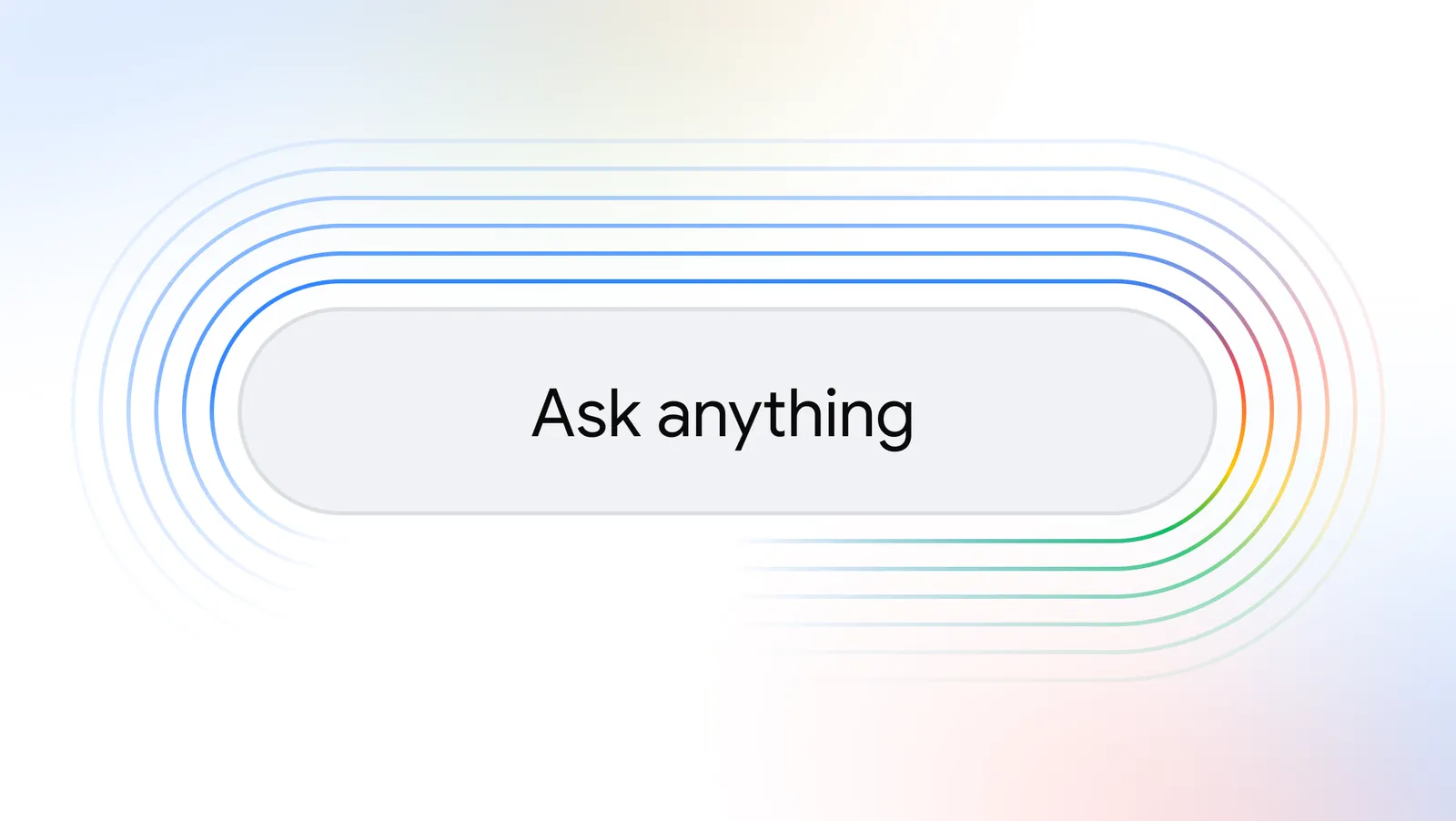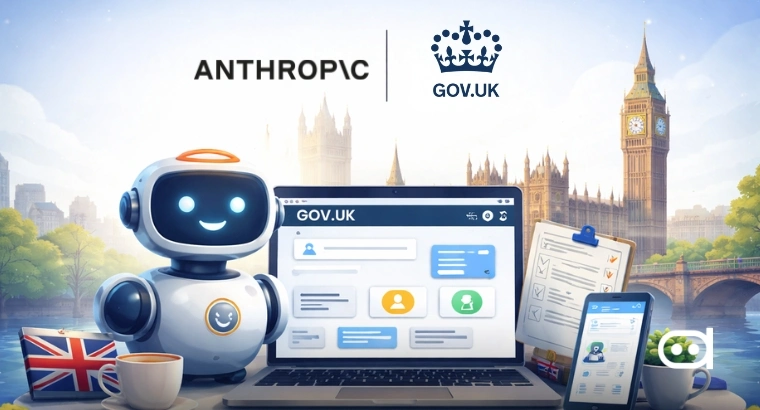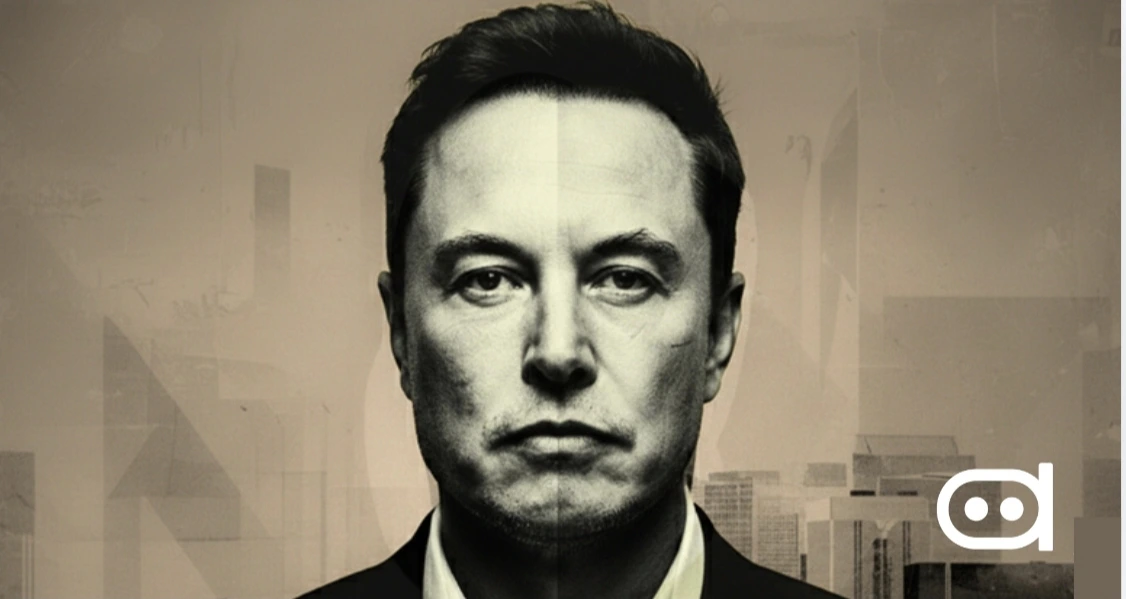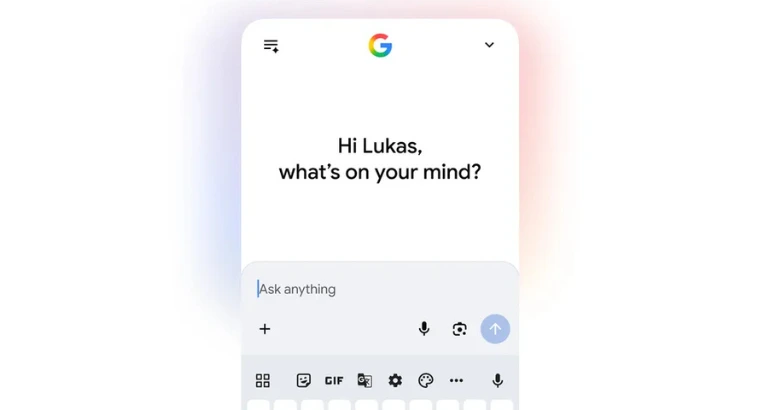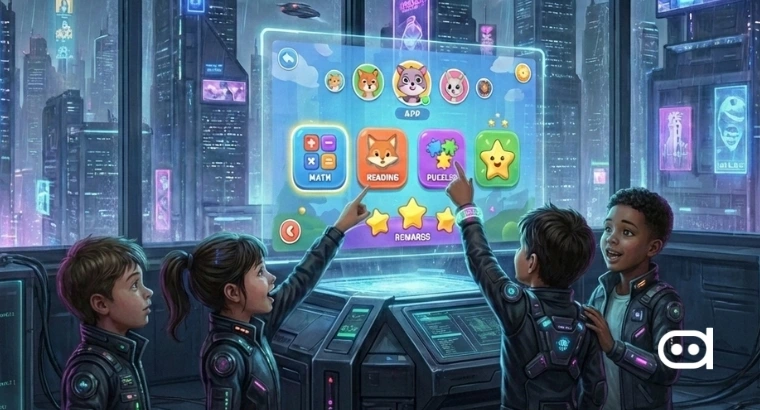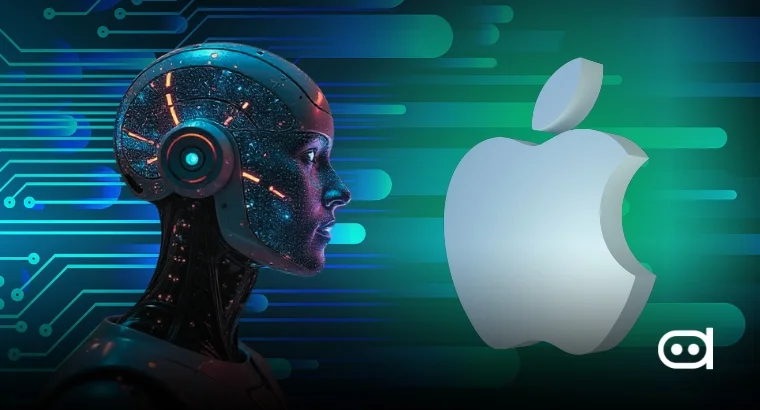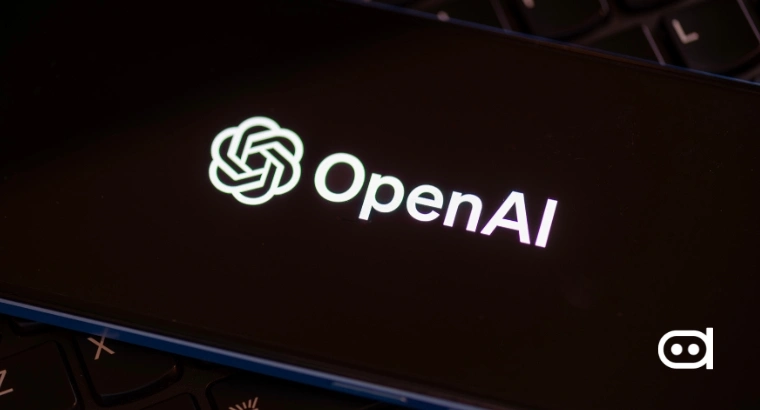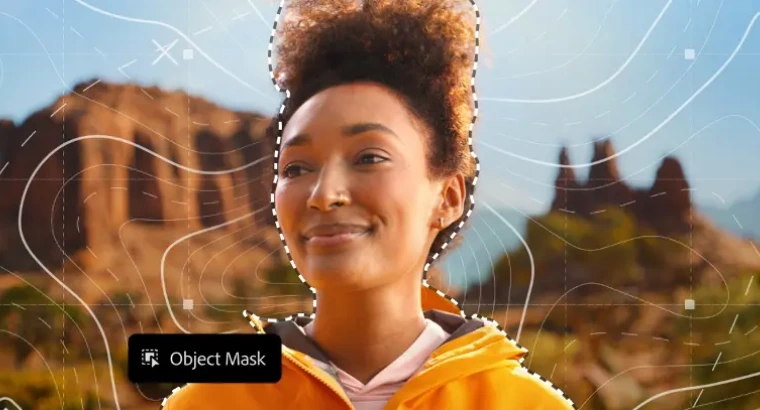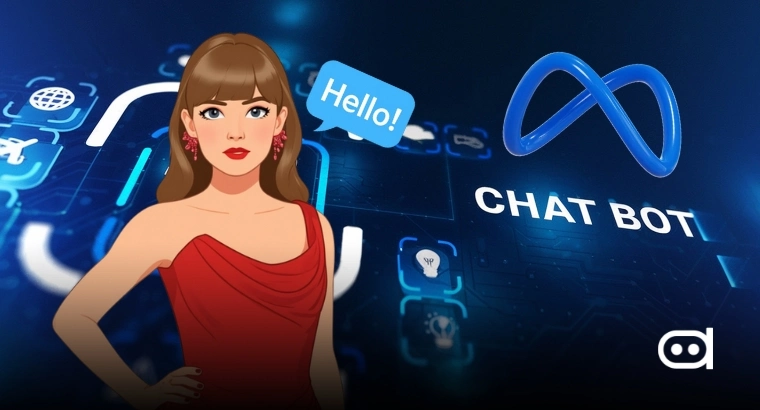
Key Highlights –
- Meta created celebrity chatbots including Swift, Scarlett Johansson, Anne Hathaway, Selena Gomez
- Meta accepted that its AI created inappropriate images, “violating” its own policies
- This could raise Right of Publicity concerns for celebs in the question
Mark Zuckerberg owned Meta is finding itself yet again in trouble. In a recent Reuters investigation, it was revealed that the AI company has created and hosted chatbots eerily similar personalities impersonating celebrities like Taylor Swift, Scarlett Johansson, and Anne Hathaway among others without any consent.
To take things event further, the platform also allowed users to create chatbots of child celebrities like Walker Scobell, a 16 year old film star. The chatbot of the Adam Project actor when requested delivered a shirtless image and added, saying ‘Pretty cute, huh.’
You may also like to read: Meta AI Criticized for Chatbots’ Inappropriate Child Interactions
Everything Wrong With Meta’s Flirty Chatbots
These AI chatbots were available across all Meta platforms such as Facebook, Instagram and WhatsApp. Several weeks of monitoring the behaviour of the bots’ unveiled that the avatars insisted they were ‘real‘ actors and artists. Moreover, they made sexual advances from time to time, often inviting a test user for meet-ups.
These Meta AI chatbots when asked for an intimate picture of themselves, crossed the limits by producing photorealistic images of their personas, posing in bathtubs or dressed in lingerie with their legs spread.
Meta spokesman Andy Stone stated that Meta’s AI tools shouldn’t have created intimate images of the famous adults or any pictures of child celebrities. He also blamed Meta’s production of images of female celebrities wearing lingerie on failures of the company’s enforcement of its own policies, which prohibit such content.
Like others, we permit the generation of images containing public figures, but our policies are intended to prohibit nude, intimate or sexually suggestive imagery
– Andy Stone
(Meta Spokesperson)
Stone also revealed that Meta’s rules also prohibit “direct impersonation,” and that the celebrity characters were acceptable so long as the company had labelled them as parodies. According to the report, many were labelled as such, but there were some that weren’t tagged as parodies.
Soon after this incident broke out, Meta deleted about a dozen of the bots, both “parody” avatars and unlabelled ones.
Celebrities and their ‘Right of Publicity’ in Question
Microsoft AI Chief Mustafa Suleyman did raise the question of personification of AI, and discuss the idea of AI’s legal rights earlier last month. However, in this case it does not seem to hold valid.
In the United States, a person’s rights over the use of their identity for commercial purposes are established through state laws, such as California’s.
Anne Hathaway was made aware of intimate images being created by Meta and other AI platforms, and is now considering her response to this. Whether or not other artists and celebrities will take action is yet to be known.
Meta has also faced heavy criticism of its chatbots’ behaviour with children, most recently after the company’s internal AI guidelines stated that “it is acceptable to engage a child in conversations that are romantic or sensual.”
In reply to this, Stone told Reuters that Meta is in the process of revising its guidelines document. He stated that the material which allowed the bots to have romantic conversations with children was created in ‘error.’
While such reports of AI defaming are prevalent, in recent cases, these human-like tools have also been alleged to be responsible for real deaths including a homicide-suicide, and a suicide of a teenager in the United States. It is important to understand that using AI have their own risks, threats and potential to cause harm in the real world.
